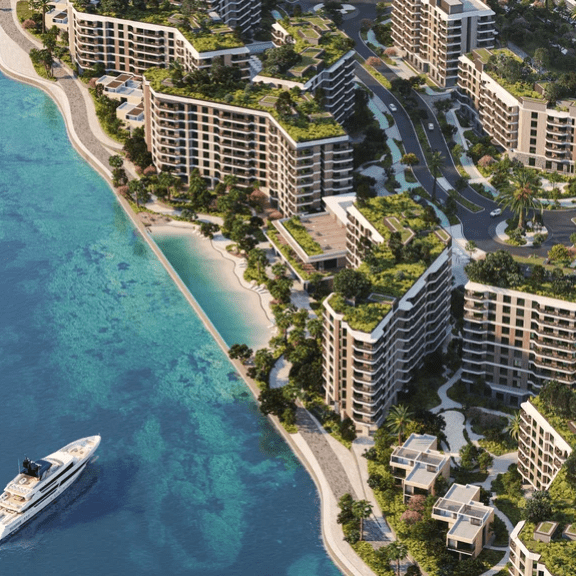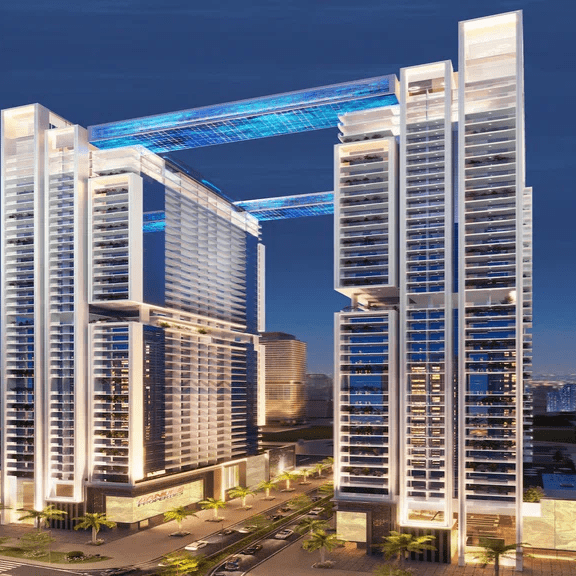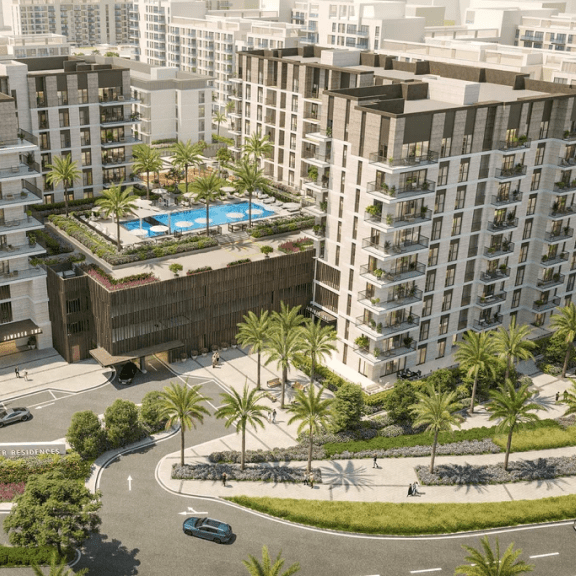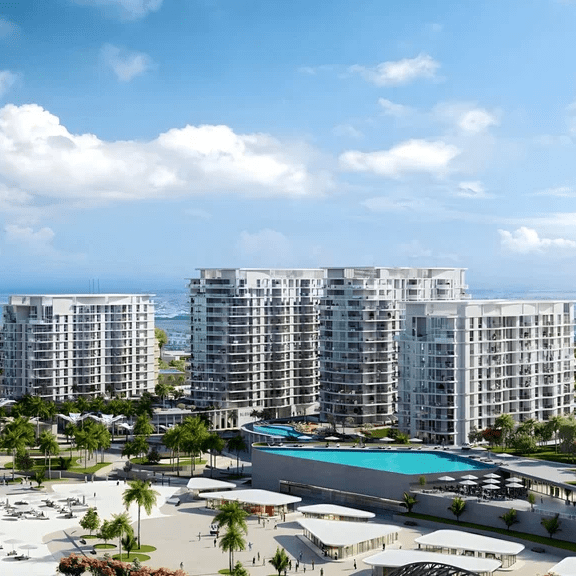Buying real estate in Dubai is a profitable investment for anyone intending to live, work or study in the emirate, or keen to protect or increase their savings. If you are looking to buy a property, you need to plan in advance how you will pay for it. We will tell you here about the payment options and the proposed structuring of such purchases.
Payment Options
Bank Transfer
If you already have a bank account in the Emirates and sufficient funds on the account to buy the flat, townhouse or villa that you want, you can transfer both the deposit and the full amount to the seller’s bank account. You can also use your account to pay any fees that may arise during the transaction.
If you are concluding the deal with a legal entity (for example, the property developer), once the sale and purchase agreement has been executed, you provide your banking details, and then the counterparty sends the invoice to your bank. The bank transfers the amount indicated in the invoice to the counterparty’s account once you have confirmed the transaction.
If you do not have a bank account in the UAE, but have an account at a foreign bank, you can transfer the amount owed to the seller using an international IBAN account. You can obtain it from your online bank or find it in a bank statement. We highly recommend that you double-check your IBAN account before proceeding with the transfer.
New buildings in the UAE
Manager’s Cheque
Manager’s cheques are extremely popular with both real estate buyers and tenants in Dubai. The cheque is a banking document issued to a specific beneficiary, enabling them to obtain the amount specified in the cheque. This is what happens:
- The buyer deposits the necessary amount on their bank account.
- The bank confirms the receipt of the amount, blocks it on the account and subsequently issues the manager’s cheque to the account holder for the specific buyer.
- The intended beneficiary of the cheque applies to their bank, and the specified amount is transferred to their account.
Payment Structures
Instalment Payment Plan Offered By The Property Developer
In Dubai, you will come across two types of deferred payment structures. We will consider the first so-called ‘payment plans’. This structure tends to involve a fairly small initial payment, with the remainder of the amount due broken down into instalment payments payable prior to the onset of specific dates.
The second deferred payment structure is “rent to own”, where you rent the property, while retaining a buyout right. In this case, there is virtually no initial payment. Instead the buyer becomes a tenant for a certain period of time. On the expiry of the tenancy agreement, the tenant acquires the title to the property, naturally provided that the cost of the flat or villa has been paid in full).
In the case of payment plans, property developers often propose payments in equal instalments: 10% of the cost at the time of the signing of the sale and purchase agreement, then 10% each time after the completion of another stage of the construction process. The last instalment is paid at the time of the transfer of the property.
Azizi Park Avenue (Housearch)
Other payment plans are also available. Recently, plans enabling the buyer to pay a material share of the cost after completion of the construction have become popular. Such an instalment payment plan tends to be called a post-handover payment plan.
In most cases, the second part of the payment (usually 50 to 60% of the total cost) is broken down into equal or even small monthly payments to be transferred to the construction company’s account over a period of two or three years. There have been instances where developers agree to extend that period to five years.
If you choose the rent-to-own option, bear in mind that the rent will be about 25% higher than the market average. The overall amount paid for the property will also be slightly higher than under a payment plan. At the same time, however, this is the ideal option for anyone who wants to test-drive a potential property before buying it.
Mortgage
Real estate buyers in Dubai can apply for mortgage programmes offered by local banks. It is important to know that most of them stipulate variable interest rates tied to EIBOR (Emirates Interbank Offered Rate) which is in turn affected by the rate of the Federal Reserve System (US), as the national currency, the dirham (AED) is pegged to the US dollar (USD).
As rising inflation in the USA led to an increase in the reserve rate, this triggered an increase in the EIBOR and a subsequent increase in mortgage interest rates. Whereas they equalled about 2% p.a. in early 2022, they had increased to 5% by the fourth quarter of 2022.
That is why the best solution is to look for a mortgage programme with a fixed interest rate. Today some banks offer such programmes for a period of up to three years with a subsequent revision of the rate or automatic switch to variable interest rates.
You should also consider the following important issue if you want to take out a mortgage in Dubai: in most cases, you need a residency visa. Without one, it is highly unlikely that banks in Dubai will lend a borrower more than 50% of the total cost of the property being acquired, while the interest rate on such a mortgage will be higher than the rate offered to residents.
In A Nutshell
Manager’s cheques represent the most attractive way to buy real estate in Dubai. As for payment structures, rent-to-own options tend to be more popular than payment plans. This option is particularly attractive for anyone planning to let a purchased flat or villa: you can use the rent you receive from your tenants to pay what you owe the property developer.
Cover photo: Address Beach Resort (Housearch)




